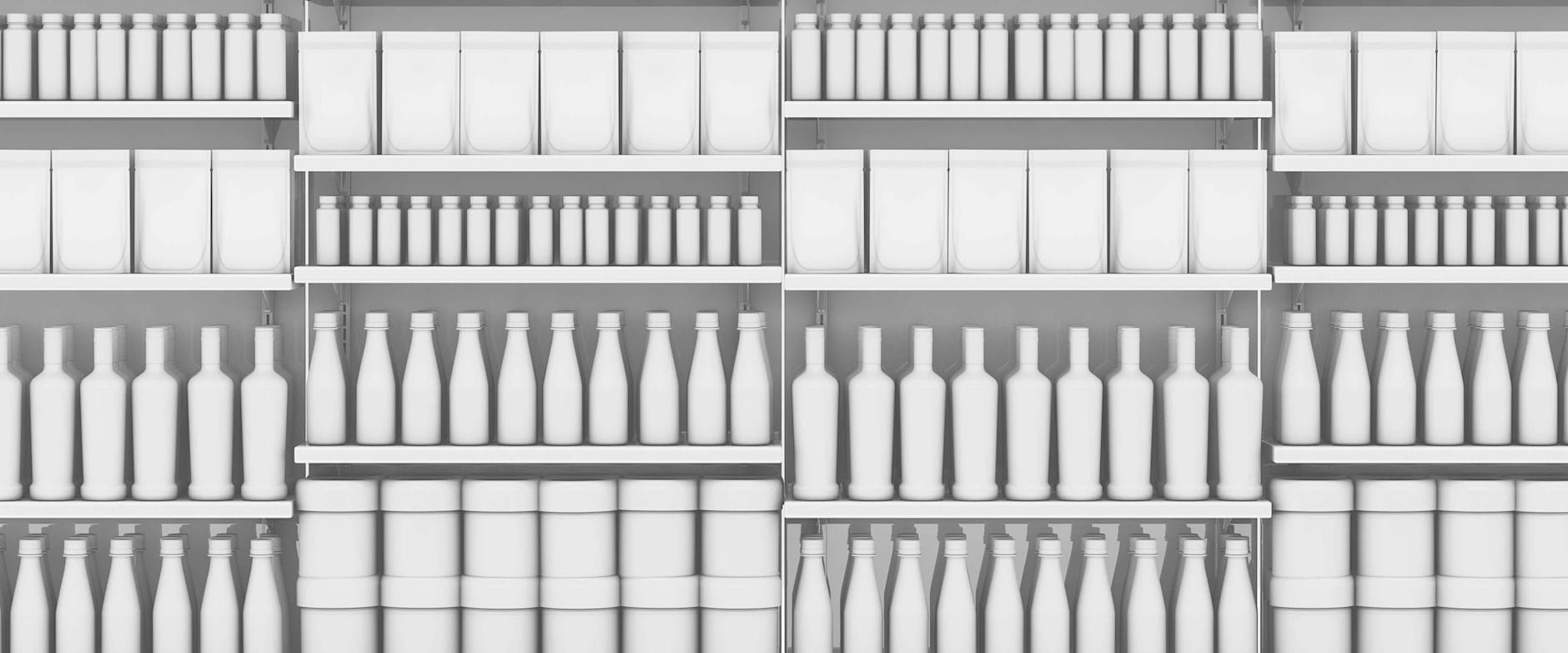Buying private-label brands can be a good way to save a few bucks. In the United States, Costco and Walmart house brands offer similar quality to national brands but for far less—25 percent off or more. In 2020, private-label goods generated more than $158 billion of sales, about a fifth of the US packaged goods sector.
The category expanded during the pandemic, likely because in tough economic times, more consumers tend to buy private-label goods, according to University of Southern California’s Shantanu Dutta, New York University’s Divya Singhvi, and USC’s Somya Singhvi.
But greater demand can drive up private-label prices faster than national-brand prices, reducing the key benefit of affordability. When the Great Recession started in 2007, for instance, house-brand prices rose 31 percent more than national brands, the researchers find.
“Given the significant number of sales to lower-income households, ensuring availability of private-label brands at affordable prices becomes particularly important,” they write, observing that the price surge of discount brands only adds to economic insecurity.
What can policy makers do? To address the question and track sales and prices as the Great Recession unfolded, Dutta, Singhvi, and Singhvi analyzed NielsenIQ Consumer Panel Data, housed at Chicago Booth’s Kilts Center for Marketing, on 33 million purchases by more than 91,000 households between 2006 and 2009. The categories of goods included health and beauty, dry grocery, frozen food, dairy, deli, meat, fresh produce, nonfood items, alcoholic beverages, and general merchandise.
Demand for cheaper labels raised prices
During the Great Recession that started in December 2007, price growth of private labels outpaced that of national brands.
The researchers built a behavioral model to evaluate three types of policy intervention, two of which some states have implemented. One is direct cash subsidies, such as the billions of dollars that Congress distributed in the US during the COVID-19 pandemic. Another is price controls, such as penalties for price gouging—in 2020 New York City issued 550 fines to retailers for price-control violations.
The third is theoretical and involves regulating inventory to ensure availability during economic distress. Although this intervention hasn’t been tried at scale, it would be possible using blockchain technology, the researchers suggest. They cite research by Washington University in St. Louis’s Nan Yang and New York University Shanghai’s Renyu Zhang demonstrating that inventory availability can affect demand for specific products. In cases where retailers limit inventory of private-label goods to increase prices, inventory regulation can ensure availability and affordability, write Dutta, Singhvi, and Singhvi.
But they find that during downturns, price and inventory controls could be counterproductive and hurt low-income consumers if not carefully implemented. Controls could help keep the price of specific products low but could also lead retailers to avoid stocking the products if they aren’t turning a profit. Inventory controls have the potential to backfire, too, because they could force retailers to maintain less stock than there is demand for. In this case, there would be no product available—no matter a customer’s income level.
The study demonstrates that cash subsidies generally benefit low-income customers by increasing their purchasing power, but that this comes with a trade-off: the subsidies can push up the price of private-label goods and erode the purchasing power of those with higher incomes, who don’t receive the same subsidy.
“There is no one-size-fits-all solution that we can suggest to policy makers,” Divya Singhvi says. “Budgetary allocation is really a key factor. If they have enough cash to give it directly to consumers during times of economic distress, we find that most effective. But if they do not, they need to focus on retailer-focused schemes such as price controls or inventory controls.”
- Shantanu Dutta, Divya Singhvi, and Somya Singhvi, “Buying Cheap: Brand Switching during Economic Distress and Its Disparate Impact on Consumers,” Working paper, August 2023.
- Nan Yang and Renyu Zhang, “Dynamic Pricing and Inventory Management under Inventory-Dependent Demand,”Operations Research, September–October 2014.
Your Privacy
We want to demonstrate our commitment to your privacy. Please review Chicago Booth's privacy notice, which provides information explaining how and why we collect particular information when you visit our website.
